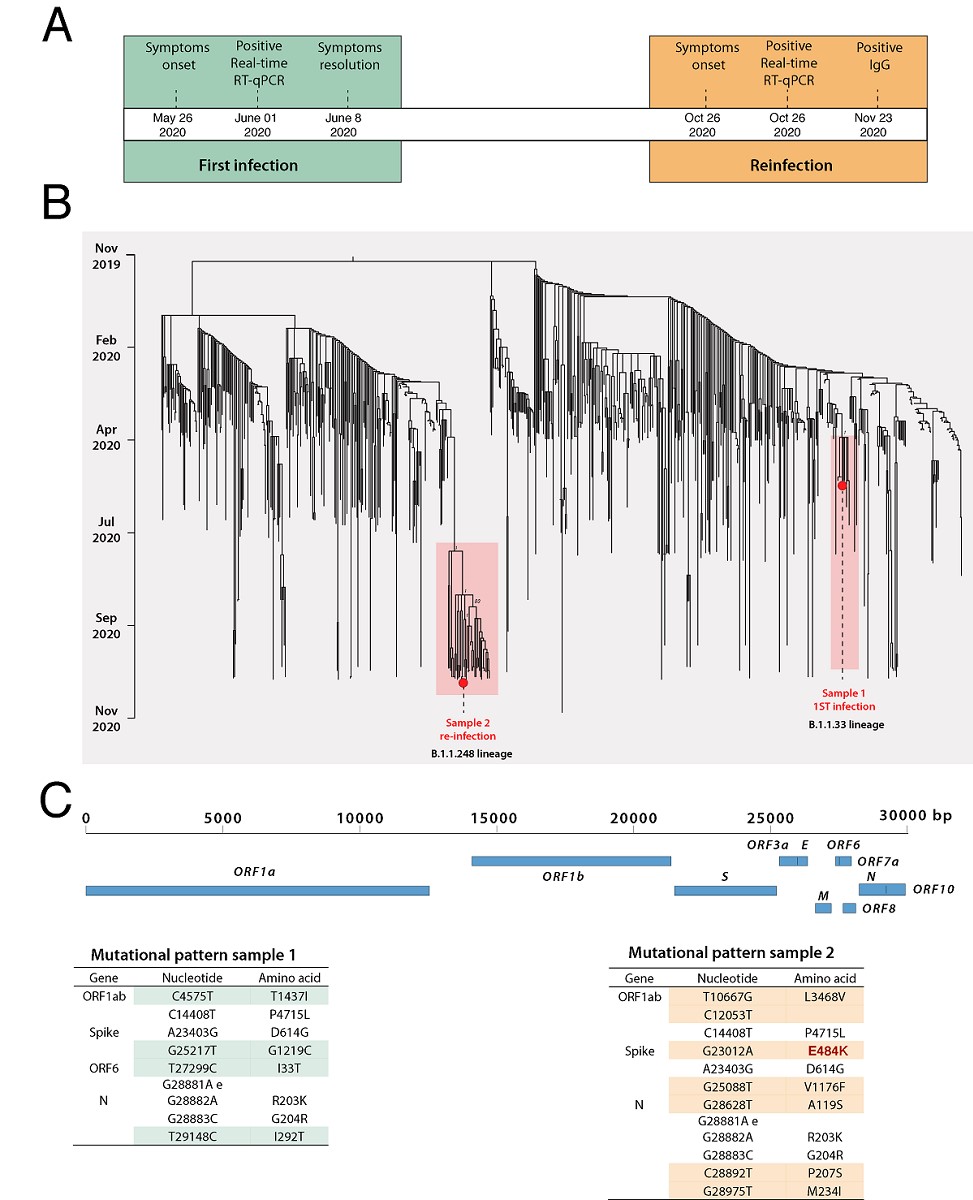Submitted:
05 January 2021
Posted:
06 January 2021
Read the latest preprint version here
Abstract

Subscription
Notify me about updates to this article or when a peer-reviewed version is published.
This version is not peer-reviewed.
Submitted:
05 January 2021
Posted:
06 January 2021
Read the latest preprint version here

© 2026 MDPI (Basel, Switzerland) unless otherwise stated